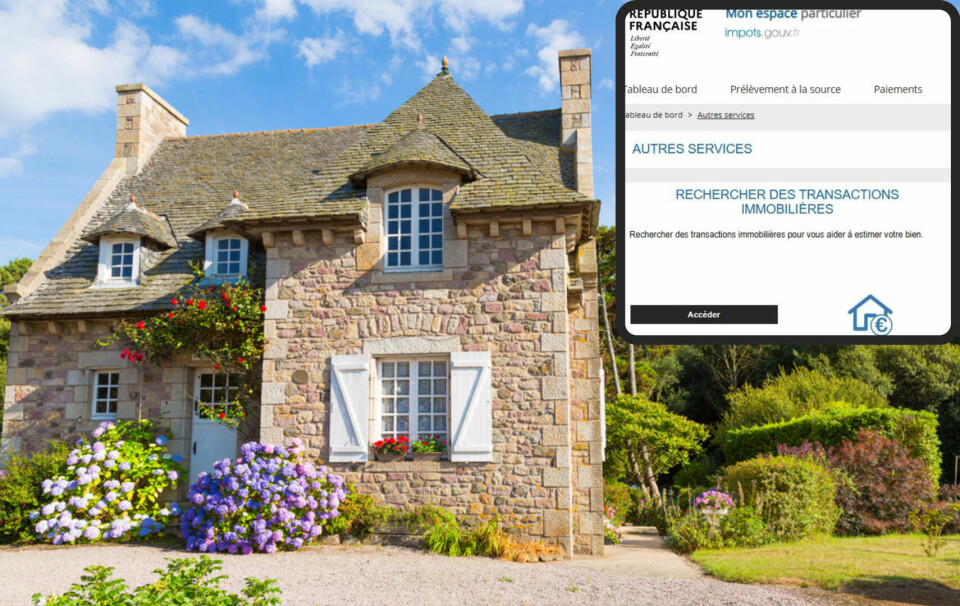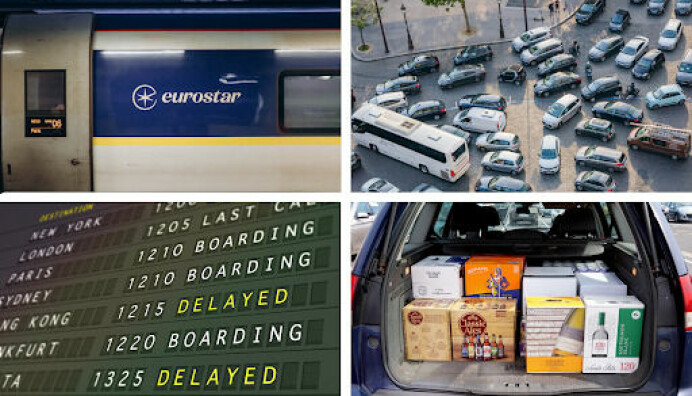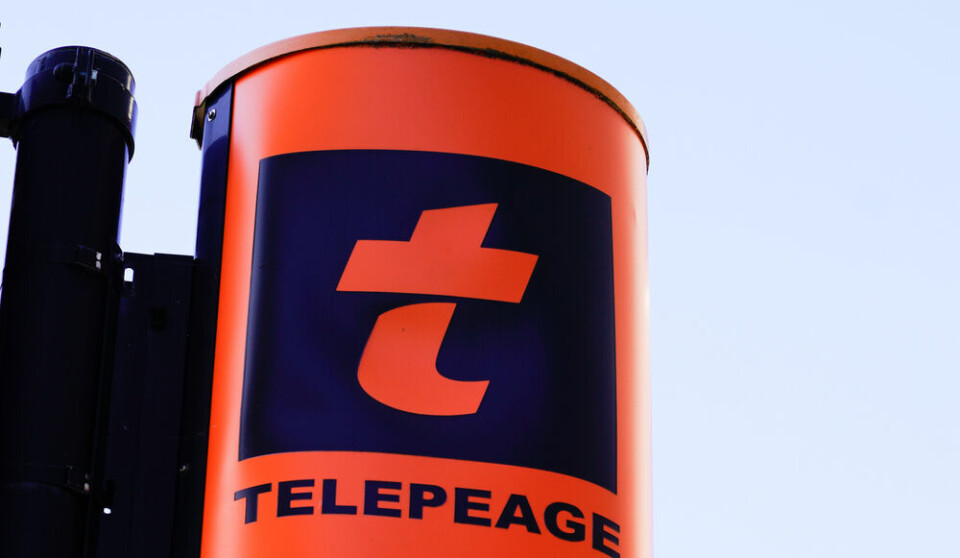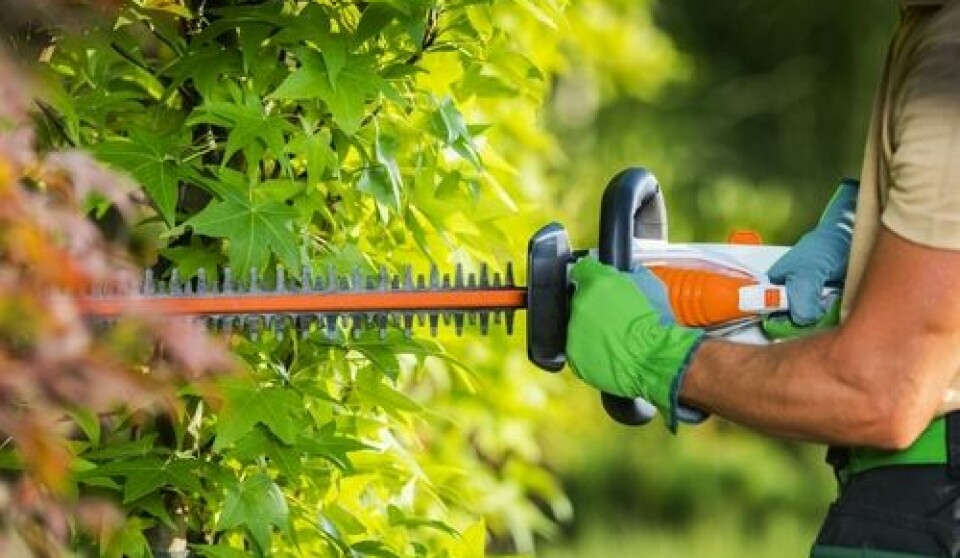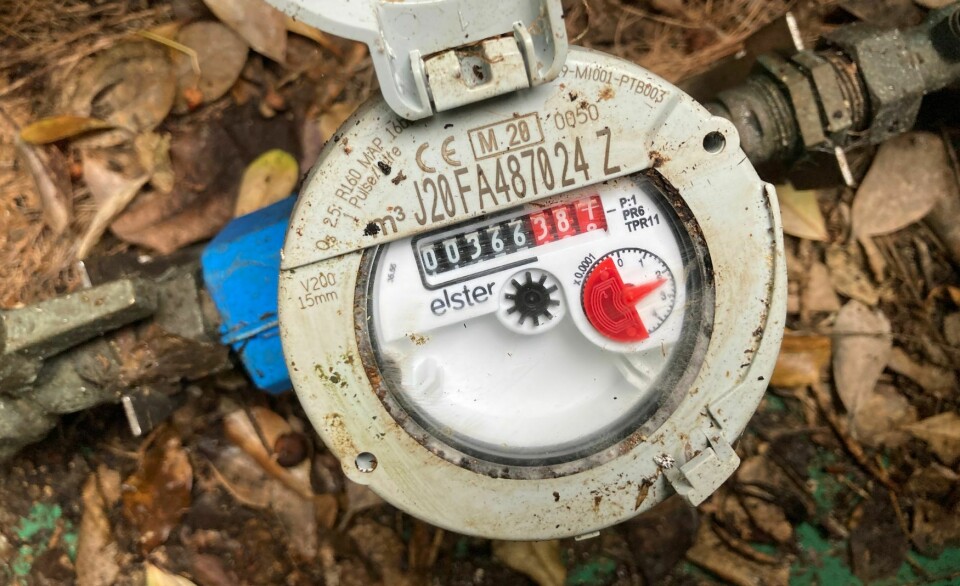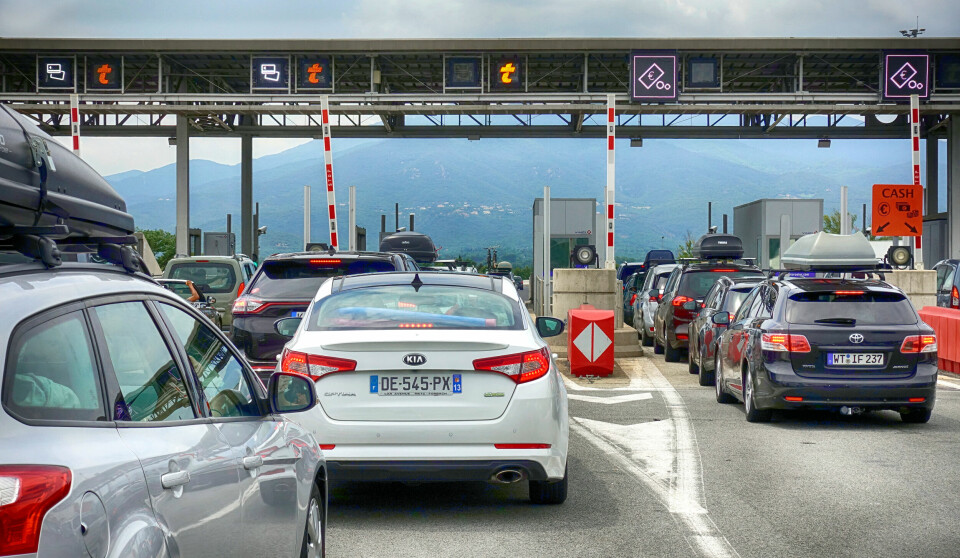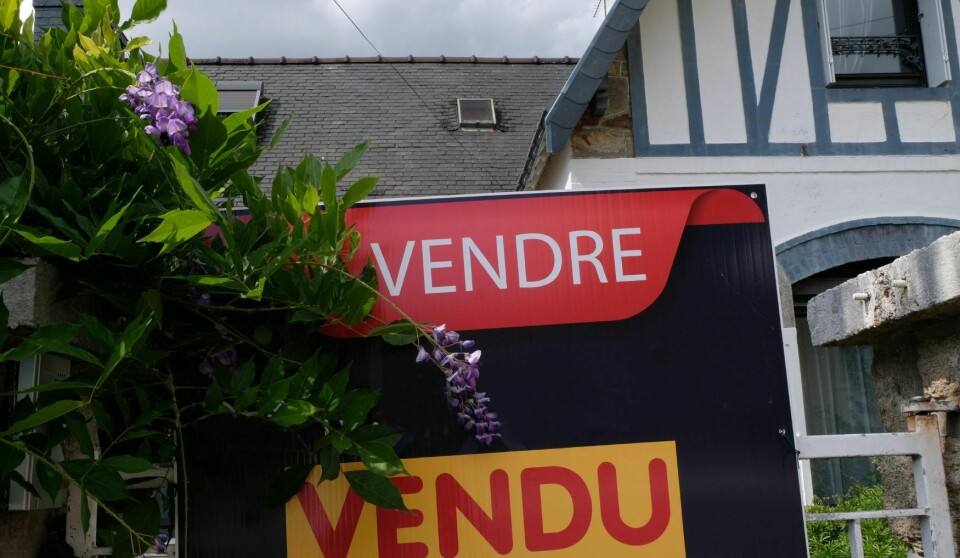-
Dog-walks, airport scam, tax season: 5 French practical updates
Our round-up of recent articles you may have missed
-
I have S1 but French bank is taking full social charges from interest
Social charges can vary depending on which country covers your healthcare costs
-
Eight reasons to be cheerful about French income tax in 2024
New tax credits and a ‘super’ allowance for some furnished rentals are among the plus points
Controversy as Grenoble hikes its share of property tax by 25%
The mayor says the increase will help the city ‘face up to inflation and the cost of energy’. Critics say it will hit retirees with small pensions and the middle class

A move by Grenoble to increase its taxe foncière (property owner's tax) rate by 25% has come in for criticism.
It comes on top of a 7% national increase to the property values that are used -- in conjunction with local rates -- to calculate people's bills.
The increase will help Grenoble raise €44million in extra funding.
The city’s green mayor said it would help the city “face up to inflation, the cost of energy and fund an investment plan for the future”.
But the move has attracted criticism, with the opposition party set to protest on Monday (March 20).
Alain Carignon, former mayor and a member of the right-wing opposition, claimed: “[After this] Grenoble will have the highest property taxes of any city in France with 100-200,000 residents.”
Critics say the measure will “weaken many lower-income property owners in Grenoble, retirees with smaller pensions, and anyone in the middle classes”.
Read also: Residents shocked by 200% property tax rate rise in east France town
What is France’s taxe foncière?
It is a tax on property owners in France.
The bill is split into propriétés bâties (built property like your house and garden and/or swimming pool) and propriétés non bâties – unbuilt land, such as paddocks, land for future building etc. Each is subject to a different tax.
The tax is calculated based on the amount that the property could in theory be rented out for – this is called its valeur locative cadastrale (VLC) and it rises annually with the consumer price index.
Read more: Taxe foncière, taxe d’habitation: how are these worked out in France?
The VLC is divided in half, to take account of expenses such as maintenance, insurance and repairs, and then has a percentage rate applied to it that is voted on by local authorities. This gives the tax payable.
Read also: Exemptions and reductions extended for the taxe foncière in France
The taxe foncière is distinct from the taxe d’habitation, which has now been removed for most main homeowners (although it is still payable by second homeowners).
Related articles
Where is a local tax surcharge applied on second homes in France?
Why French mairies are turning to private firms to recoup property tax
All owners of French properties must fill in this new tax-site form





